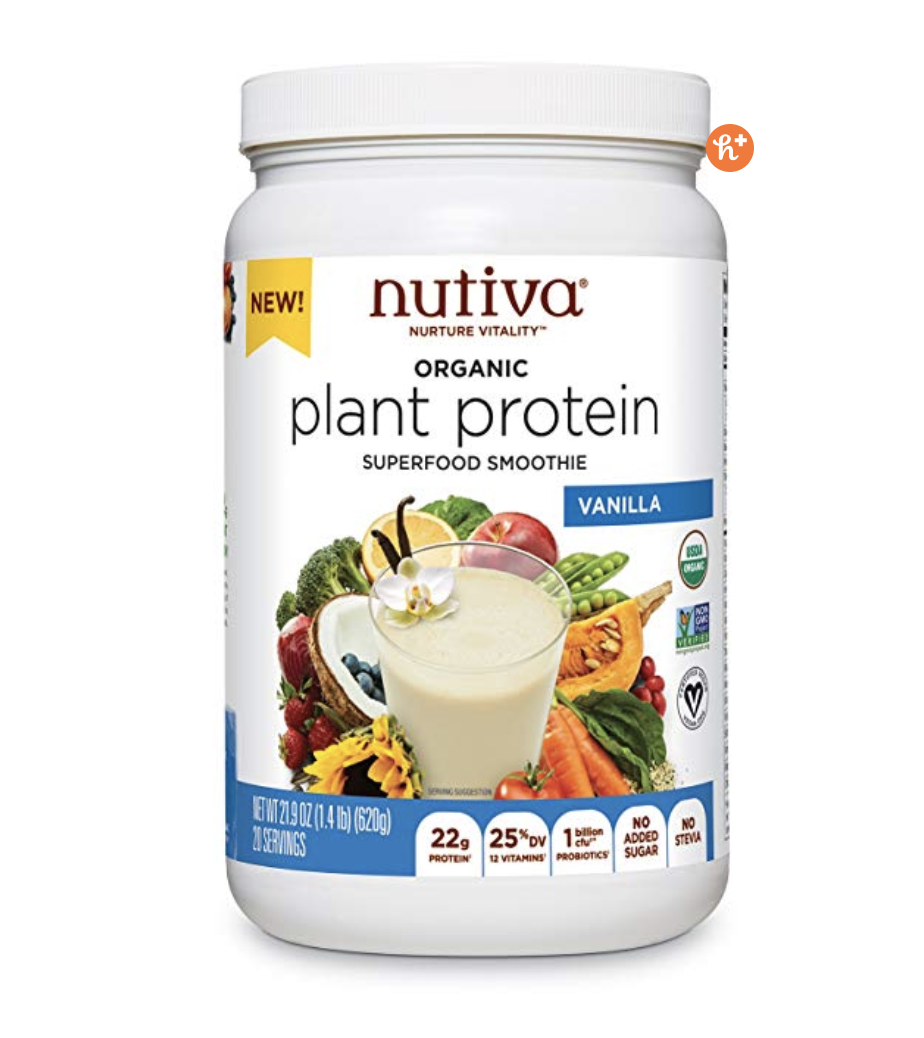When it comes to losing weight, replacing meals, or creating a healthy diet, people often turn to shakes, smoothies or juices. They can all be included in a “healthy” diet but differ greatly. The ingredients, sugar count, and benefits can vary but can also overlap in different reciptes. Today, I’m giving you the basics of each and how you can incorporate them into your diet in the best way.
1) Juices are most of the time vegetable, fruits, or a combo of the two blended or “juiced” together. Within this group one of the best options to choice from are the typical juices you usually get at a “juice bar” over a bottled one or juice box from the grocery store. These are usually the healthier of these options because you are getting most if not all of the fruit and vegetable (fiber, pulp, etc). This helps lower the blood sugar spike of these more concentrated straight fruit juice, and contains most of the “good stuff”. If you’re looking to hydrate with a juice, I’d suggest looking for a juice bar/shop to get your fix.
Positives: Great phytonutrients/vitamins/minerals/antioxidents
Negatives: Can be high in sugar, especially if store bought or pre-made. Look for options that include the benefits from fruit, not just the sugar or taste. Juices are usually low in protein and Macro dependent.
2) Smoothies are tricky to categorize as they can range in their benefits. Some with a straight fruit blend, can pack in the calories and sugar, but not much else. Others can incorporate protein powders or other good addatives. In this case you are getting a better blend of macros and not just carbs and a blood sugar spike.
Positives: If they contain protein then it can be a refreshing way to add to your total protein intake.
Negatives: Like juice, smoothies can contain a lot of sugar and calories, which can quickly add up to extra fat.
3) The shakes we’re talking about here are short for protein shakes (not the ones you get at the ice cream shop). Although these can be the best Macro friendly option they can still be a sugar/carb bomb if not done right. Finding quality protein can be harder than you think, and certainly much harder than finding quality carbs and fats! Look for a mix that packs in the protein but isn’t flavored with sugary flavorings, and watch what else you add to it. Most of the time shakes have protein powders as a base then add other things like milk (or nut milks), fruit, nut butters, oats (or other carb powders for athletes), veggie powers, or even spinach. Done right you can add 20-50 grams of daily protein from one shake! This makes it perfect for those looking to increase their protein while still staying low in calories, carbs and sugar. A great meal replacement or additive to any diet.
Positives: High protein and a lower fat/sugar option for many. Can be customized to taste or athletic needs.
Negatives: It can be hard to identify quality with the array of protein powders available.
If you have any questions or are looking to incorporate more protein shakes into your diet, check in with me over at Jtab Training for some suggestions. We stock a variety of types and flavors and can give you ideas on how to mix it into your daily routine.



